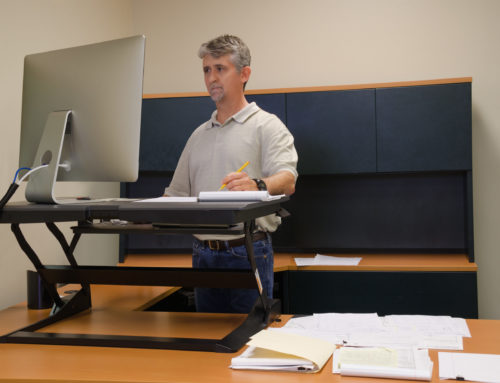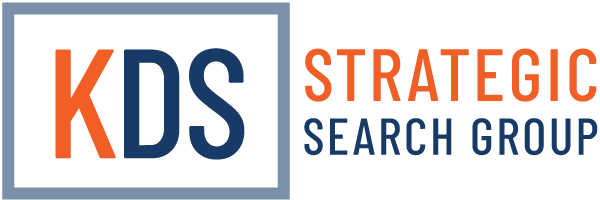
Young woman yawning near laptop at work covering mouth with hand, feeling drowsy suffering from lack of sleep
Sleep deprivation is an epidemic in modern society. Too many rely on midday caffeine rituals to help stay alert. Over time, lack of adequate sleep can result in decreased immunity and serious medical conditions. Taking a cue from our younger selves by partaking in an afternoon nap might be the solution to the problem. Keep reading to learn more about the power of napping at work and its effect on employee productivity, happiness, and health.
Sleep deprivation causes memory and cognitive impairment, increased stress, low performance and quality of life, in addition to an increased risk of injury. It also costs businesses $63 billion per year. Organizations, large and small, have recognized the power of sleep on one’s productivity, absenteeism, and job satisfaction. Companies like Google, HubSpot, and Zappos have created nap rooms to encourage team members to catch a few ZZZ’s during the day.
Why is sleep so important? During sleep, the brain removes toxic proteins that build up during the day. This removal process only happens during sleep. Most people need between seven and nine hours of sleep per night. Less than half of all people get the minimum of seven hours. Prolonged sleep deprivation is linked to serious health conditions, including heart attack, stroke, type 2 diabetes, and obesity. It will also speed up the aging process, thanks to an increase in cortisol (a stress hormone) production.
While napping will not completely reverse the effects of poor sleeping habits, it can help increase one’s alertness, focus, and mood. Regular naps can decrease the risk of diabetes, stroke, and heart disease, to include heart attacks. A 2008 study, shows that naps are more powerful than caffeine. A separate study by NASA found that a 26-minute nap provided a 34% increase in productivity and a 54% increase in alertness.
Naps taken between 1:00 pm and 3:00 pm work with the body’s natural circadian rhythm. Twenty minutes is typically enough to restore focus and productivity. Napping longer than 30 minutes can have negative effects of increased grogginess due to the body moving into the stages of deeper sleep.
Encouraging naps at work requires a cultural shift. The most successful organizations lead by example, with the CEO and management openly using the nap rooms as needed or before important meetings or presentations. If team members are meeting expectations, completing their tasks on time, and not abusing the privilege, use of the nap room should be judgment-free.
Nap rooms do not need to be elaborate. HubSpot has hammocks in a darkened room. Connecticut-based Yarde Metals has recliners and couches. Google has special nap pods with soothing music that gently wakes the napper with lights and vibrations.
Sleep is important for all aspects of health and wellbeing. A well-rested organization is happier, healthier, and more productive.
David Klein is a leading Executive IT Recruiter & Headhunter with over 15 years industry experience. As Manager of Recruitment Strategy for KDS Staffing, Inc., he has achieved industry-leading success. David has successfully led, trained and introduced many in the art of Executive Recruitment and Headhunting. If you or your organization would like to discuss hiring needs, contact David at 646-650-2833 or david@kdsstaffing.com.




